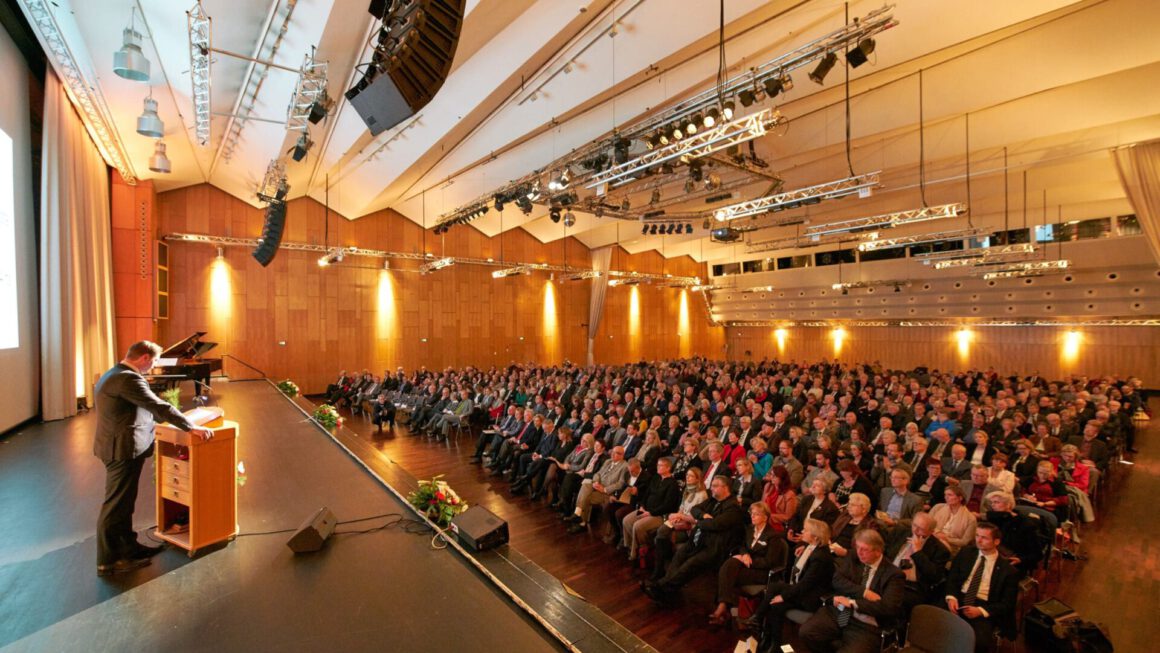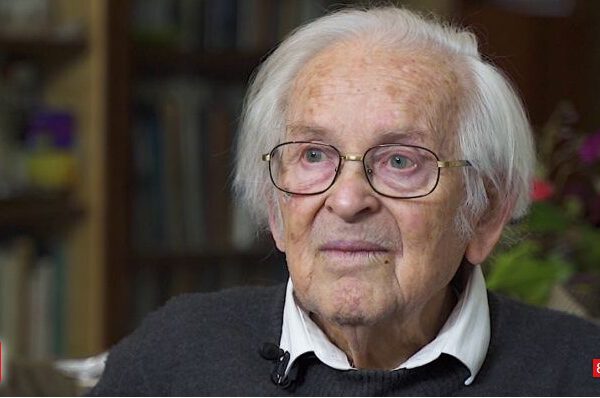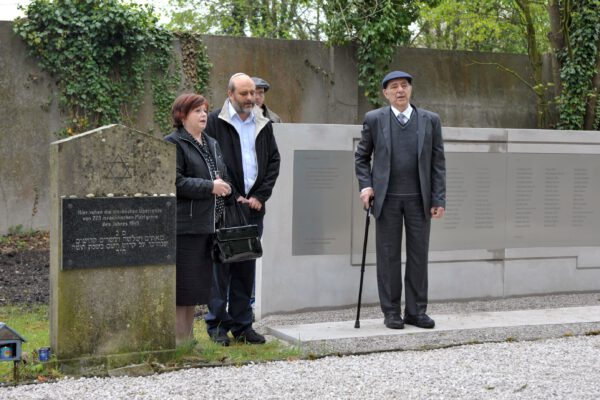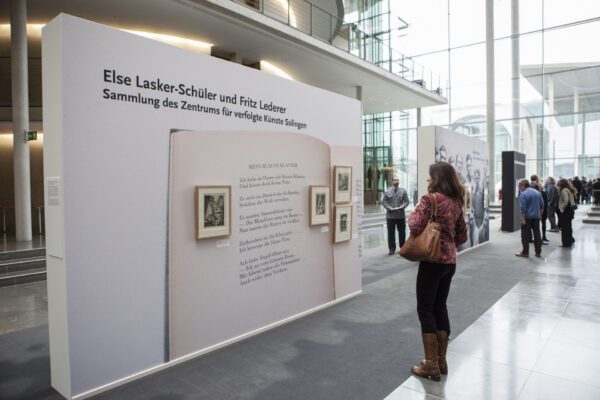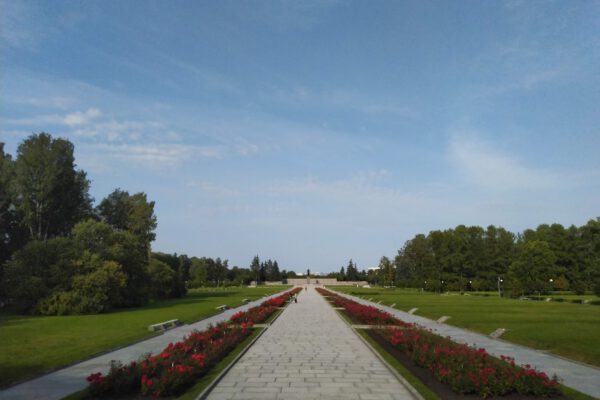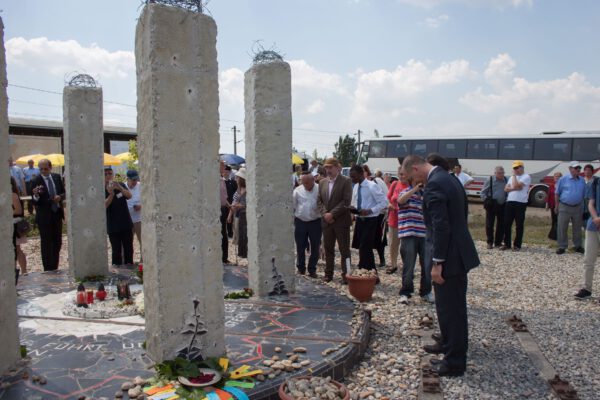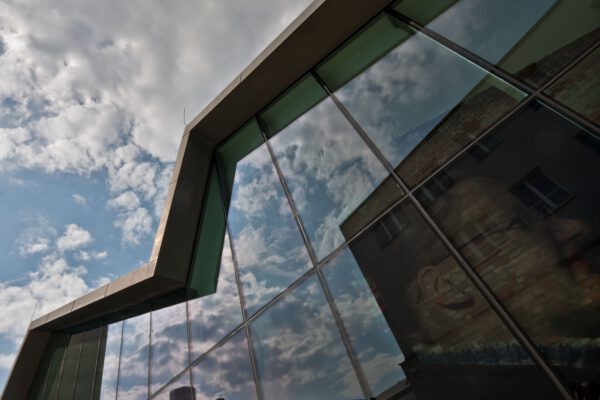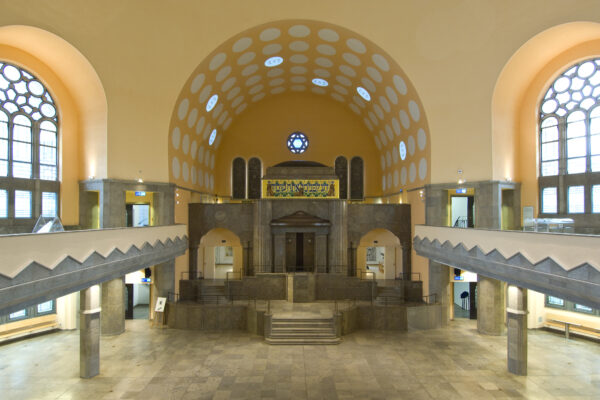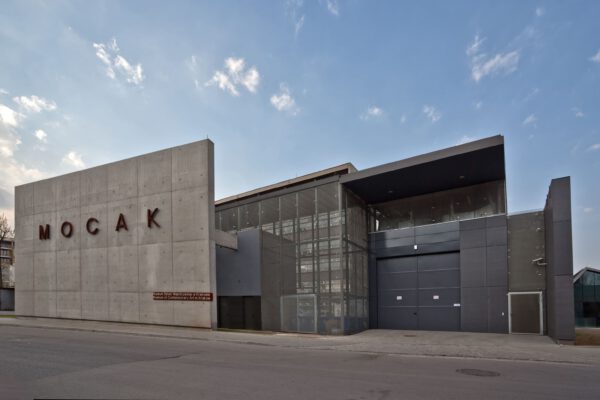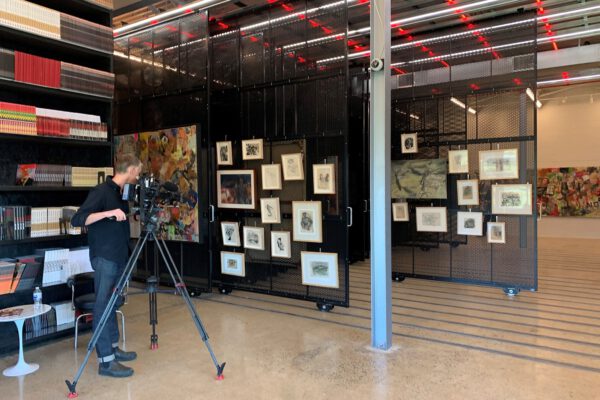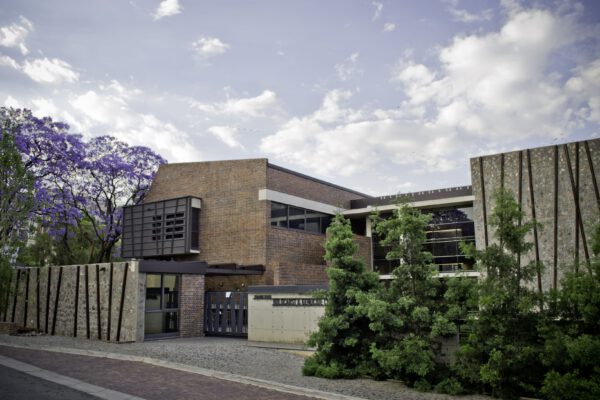„The memory of the Holocaust unites the Museum of Contemporary Art in Kraków (MOCAK) and the Center for Persecuted Arts in the Solingen Art Museum. Maria Anna Potocka (Director of MOCAK), Delfina Jałowik (Head of the Art Department at MOCAK), and I have been working closely together since 2015. Our exhibition and projects do not […]
The first joint exhibition by MOCAK and the Center for Persecuted Arts
The first joint exhibition of the MOCAK and the Center for Persecuted Arts was Poland – Israel – Germany. The Experience of Auschwitz, which took place in 2015. It picked up on and continued the inaugural exhibition of the Center for Persecuted Arts, which was shown in the German Bundestag in January 2015 on the […]
A commemorative stone for 228 Hungarian Jewish massacre victims
In the night from May 2 to 3, 1945, just five days before the end of the war, members of the Waffen-SS shot 228 Jewish men, women, and children who had been deported from Hungary to Austria for forced labor in the spring of 1944. As of mid-April, they were interned in a transit camp […]
Exhibition in the German Bundestag on the occasion of the seventieth anniversary of the liberation of the Auschwitz concentration camp
On the occasion of the 70th anniversary of the liberation of the Auschwitz concentration camp, Bundestag Vice-President Claudia Roth and Bundestag Vice-President Peter Hintze opened the exhibition “Death does not have the last word – no one witnesses for the witness” in the Paul Löbe house on January 27, 2015. The exhibition featured works of […]
Unveiling of the memorial plaque to the Jewish people at the Piskaryovskoye Memorial Cemetery
The Piskaryovskoye Memorial Cemetery is the world’s largest cemetery dedicated to the victims of the Second World War. Of the nearly 500,000 people buried here, 70,000 were soldiers and 420,000 civilian victims. Since its inauguration on May 9, 1960, it is the official site for the performance of military honors granted to the victims of […]
Inauguration of the memorial for the victims of the Strasshof transit camp
The memorial is a place of commemoration for the victims of the Strasshof transit camp. At the local cemetery alone, there are roughly 500 people buried who died in this camp. The task force Verein Arbeitsgruppe Strasshof (VAS) commissioned the artist Karl Heinz Schreiner to design the memorial, the seven columns of which symbolize the […]
Opening of the MOCAK Museum in Krakow
The project of creating a museum of contemporary art in Kraków, which had been discussed for years both within the artistic community and the local government, finally became reality towards the end of 2004, when the Municipality of Kraków purchased the land and buildings on the site of the former Schindler factory at Lipowa Street […]
Re-opening of the Old Synagogue in 2010
In 2008, following an earlier suggestion by Paul Spiegel, then President of the Central Council of Jews in Germany, the Essen City Council decided to transform the Old Synagogue into a “House of Jewish Culture.” A new permanent exhibition was conceived, and the building refurbished. Two new exhibition levels were made accessible, and the offices […]
The program of the MOCAK Museum of Contemporary Art in Krakow
The program of MOCAK, which has been active since February 1, 2010, encompasses the presentation of the latest international art, education, and research and publication projects. MOCAK’s two most important aims are the presentation of the art of the two last decades in the context of the post-war avant-garde and conceptual art, as well as […]
Mission of the Boris Lurie Art Foundation
The Boris Lurie Art Foundation is dedicated to reflect the life, work, and aspirations of the founder and to preserve and promote the NO!art movement with its focus on the social visionary in art and culture. Boris Lurie, A Holocaust survivor who emigrated to New York in 1946, was very active in the post-war New […]
The Johannesburg Holocaust & Genocide Centre (JHGC)
The Johannesburg Holocaust & Genocide Centre (JHGC) is a place of memory, education and lessons for humanity. It explores the history of genocide in the 20th century with a focus on the case studies of the Holocaust and the 1994 genocide in Rwanda. It examines the connections between genocide and contemporary human rights issues, urging visitors […]

